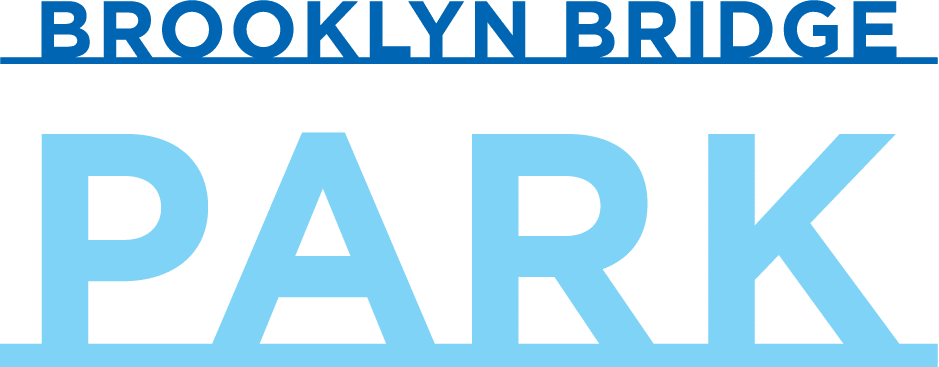by Ryan Waddoups on Feb 20, 2015
We all know and love the monarch butterfly. Hungry caterpillars temporarily cocoon and metamorphose into these graceful creatures whose vibrant wings dazzle as they flutter to and fro. Once a familiar sight to all of us, many do not realize that the monarch butterfly is in danger of extinction.
Monarch populations have declined a staggering 90% from an estimated 1 billion in 1996. Environmental threats such as habitat loss due to pesticide use, conversion of grassland prairies to agricultural crop fields and climate change have severely affected monarch populations. The monarch’s exclusive larval host plant and primary food source, milkweed, has also experienced habitat degradation.
More alarmingly, the monarch species’ health reflects the prosperity of the American landscape and is indicative of larger environmental issues affecting other species, which in turn affect our food supply. Conserving monarch habitats will benefit the plants, animals, birds, and insects that keep our food cycle flowing every day.
In partnership with the National Wildlife Federation and National Fish and Wildlife Foundation, the U.S. Fish & Wildlife Service is spearheading a new campaign aimed at reviving this declining species. The initiative aims to restore over 200,000 acres of monarch habitats from coast to coast. The program encourages replenishment of these habitats by planting native milkweed, avoiding exotic plants, eliminating pesticide use, and increasing awareness of the issues currently facing monarch populations.
BBP is proud to be a home to the monarch butterfly. In a world of disappearing natural habitats, BBP is dedicated to rebuilding the native landscape and creating a haven for birds, insects and marine life. Further, we strive to manage all of our lawns, meadows, hedgerows, wetlands, salt marshes and trees organically. Our ability to incorporate nature into a former industrial site has created a habitat for species of all types, including the monarch.
To learn more about what you can do to save the monarch, please visit www.fws.gov/savethemonarch/.

